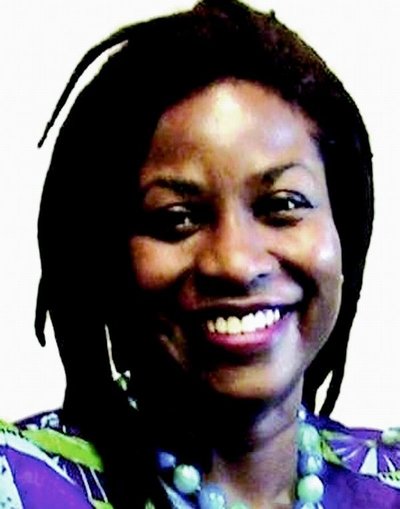April 26, 2007
Dr. Natalia Kanem to receive Public Health’s Distinguished Alumni Award
Dr. Natalia Kanem, president of ELMA Philanthropies Services, will be presented with the UW School of Public Health and Community Medicine’s 2007 Distinguished Alumni Award Thursday, April 26. The presentation will be made during the School’s Perspectives in Public Health seminar from 6 to 8:30 p.m. in 110 Kane Hall. (See related article, Perspectives in Public Health April 26.)
“I’m excited to receive this award, it’s such a special recognition,” Kanem said in a telephone interview. “So many amazing people come out of the school; there are so many unsung heroes and heroines working in the field, I am so honored.”
Kanem, a pediatrician, received her master’s in public health in epidemiology from the UW in 1990. She credits the School of Public Health with allowing her to focus on maternal-child health epidemiology and preventive medicine with an international perspective.
“The School’s international health program under Stephen Gloyd allowed me to visit Mozambique and Zimbabwe where I worked with lay midwives. There we had to really work to apply our knowledge in the field. We had to translate what we knew about public health practices to the midwives in a way that they could internalize and practice. That was challenging, but immensely rewarding.”
So how did Kanem make the journey from practicing pediatrics and public health to heading an international philanthropy? Her curriculum vita reveals a distinct path.
Kanem received her undergraduate degree in the history of science from Harvard University, a medical degree from Columbia University, and a master’s of public health from the UW. She has served as co-director of the Harlem Center for Health Promotion and Disease Prevention in New York and vice president of the Ford Foundation, directing its program on peace and social justice. She has also held joint appointments in pediatrics at Columbia University’s College of Physicians and Surgeons and in epidemiology at Columbia’s school of public health. Her research projects include traditional health practices, cultural survival, and HIV in Panama, The Commonwealth of Dominica, Mozambique, and Nigeria. Prior to becoming the president of ELMA, she was a vice president at the Ford Foundation where she directed its program in peace and social justice.
ELMA (not an acronym) Philanthropies Services is an international foundation that funds programs “to improve the lives of Africa’s children and the families and communities that care for them, through sustainable efforts that build African capacity to relieve poverty, advance education, and promote health.”
Kanem said ELMA reflects her passion for children, medicine, public health, and philanthropy.
“I was drawn to pediatrics because of my love for children. I thought medicine was going to be it. While I love kids, I also learned there were so many problems and so few resources that it would be impossible to save all the kids who needed it one child at a time. In my travels, I saw that there were systemic issues that public health could address that would make my work more meaningful. Public health teaches you to look for systemic patterns and seek solutions. Public health requires that you look at problems from the perspective of those living in the culture.
Public Health and philanthropy are similar in that way. They deal with systemic issues, look for medium- to long-term solutions, and work with local people to see and address issues from their perspectives. For me, my career has been a natural continuum.”



